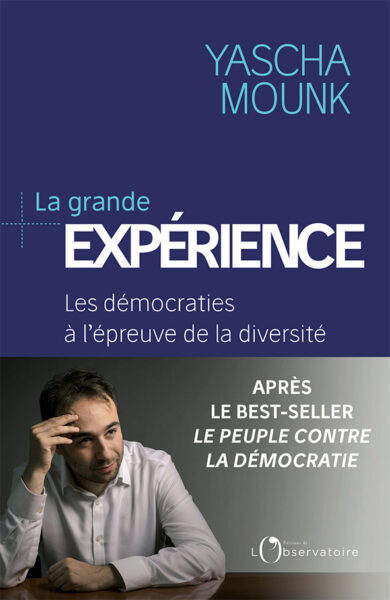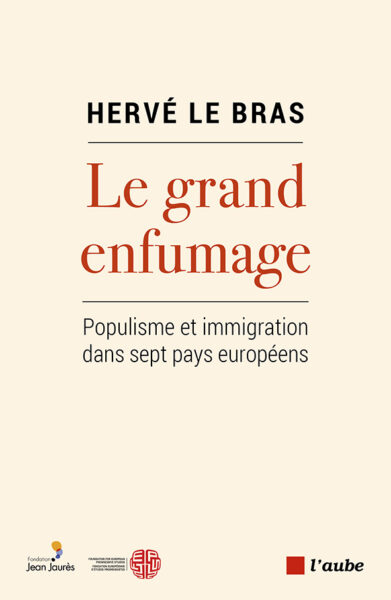In this March-April 2013 issue, which Futuribles is devoting very largely to the social and political impact of religions, Philippe Portier looks at the development of relations between Churches and states in Western Europe. He begins by noting the importance of the religious heritage and outlines the two dominant models: the “confessional state” model, in which one religion is officially singled out (this applies mainly in the Protestant and Orthodox countries) and the model of Church/state separation, in either its flexible (in Central Europe) or rigid form (mainly in France).
However, Portier goes on to highlight an increasingly marked long-term trend for a “combining of trajectories”: in other words, a simultaneous movement of “deconfessionalization” in the countries of Catholic tradition (Italy, Spain) –and also in the Lutheran (Norway) and Orthodox (Greece) nations– and of a re-entry of religion into the public sphere (particularly in France). As Portier sees it, these developments might well represent the emergence of a common model of secularism which, without totally erasing national differences in the regulation of faiths, could be said to be shifting all these countries toward a relatively unified system of “co-operative separation”.



